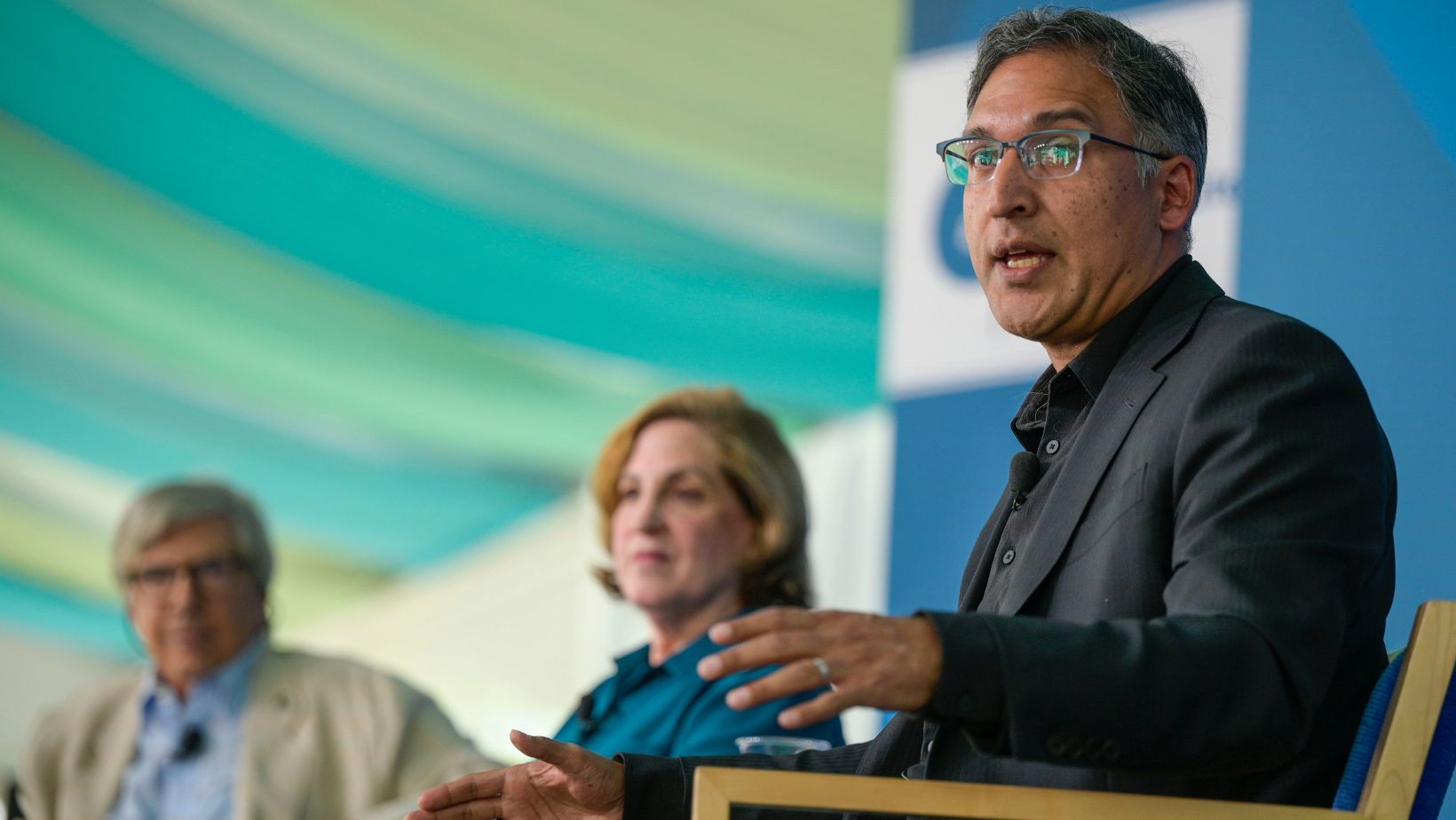“Washington is broken,” is a refrain you hear across the political spectrum. With so many difficult issues left unaddressed by government, many ideas have been discussed to get the system functioning again. Major political reforms like ending gerrymandered districts and opening up the primary system are popular suggestions but difficult to enact. No Labels, a social welfare advocacy organization promoting governmental problem-solving, met this week to propose more marginal changes to the system designed to force legislators to collaborate. But what can the government, particularly the legislature, do right now that can finally shift our political system into gear? You might be surprised at what some are suggesting.
What Congress needs in order to move forward, some say, is a return of earmarks, some good old fashioned pork. Forbes contributor Rick Ungar wrote “Why Congress Cannot Operate Without The Bribing Power Of Earmarks” that caught media attention. Bloomberg Business ran a story that succinctly summed up the pro-pork argument:
“Political hacks used to say pork was the political grease that lubricated legislative deals. Only now do we see how true that was. Would it really be so terrible to reintroduce some congressionally sanctioned bribery? That would let members lay claim to the odd million in the interest of striking a deal worth much more.”
Earmarks have officially been banned since 2010. Certainly there are arguments to be made on behalf of earmarks as a tool the executive branch and Congressional leadership could use for corralling majorities in support of legislation. It worked in the past, most notably in the 1960s when President Lyndon Johnson aggressively pursued support for civil rights reforms by opening up the coffers for legislators willing to trade their votes for home state projects of major importance. Or if you have been to the movies lately, you can see that Daniel Day Lewis, in his portrayal of President Lincoln, happily doles out federal largesse for votes to support the Constitutional amendment banning slavery. More recently, earmarks have been cited as a big reason why Congress was able to pass highway and transportation legislation and the authorization for the Defense Department budget.
But that was then. That was before the debt crisis, the rise of the Tea Party, and the credit downgrade of US debt. Now we are in a new era of politics and many of the old paradigms may no longer apply.
Earmarks, even in their heyday, represented only a small fraction of federal spending and still engendered distrust in the American public. Voters today are generally more averse than ever before to spending taxpayer dollars on most things. With each passing year the electorate’s desires and aversions change and perhaps earmarks could again become a powerful inducement for legislative compromise. But in today’s political climate the marginal utility of a new road or bridge to many voters is lower than their desire to reduce federal spending. The concept that Democratic legislators with large numbers of conservative constituents, or Republican legislators worried about primary contests against more conservative candidates, would be seduced to support high-profile legislative initiatives because of a few million dollars tucked away in the bill for their home district may have become a relic of the past in Washington, just like the traditional earmark itself.
On Congress: Is Pork the way to fix government?
Next Post

